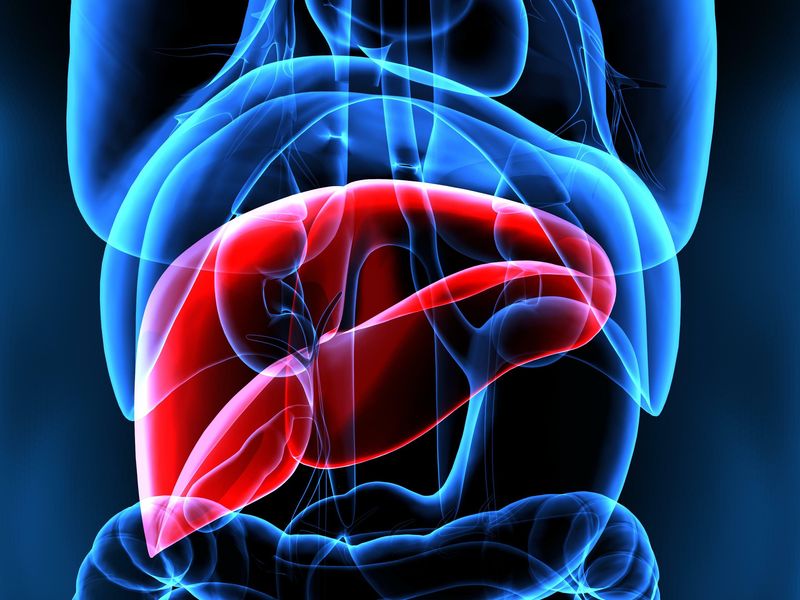WEDNESDAY, Dec. 28, 2022 (HealthDay News) — Alcohol abstinence improves prognosis across all stages of portal hypertension in alcohol-related cirrhosis, according to a study published online Dec. 5 in Clinical Gastroenterology and Hepatology.
Benedikt Silvester Hofer, M.D., from University of Vienna, and colleagues assessed the clinical implications of abstinence in patients with alcohol-related cirrhosis and clinically significant portal hypertension (CSPH). The analysis included 320 patients with alcohol-related cirrhosis (median age, 57 years; 75.6 percent male; 87.5 percent decompensated) with a median hepatic venous pressure gradient (HVPG) of 20 mm Hg and a median 36 months of follow-up data.
The researchers found that three-quarters of patients (75.3 percent) remained abstinent. There was a significant association observed between alcohol abstinence and a reduced risk for hepatic decompensation (adjusted hazard ratio, 0.391), as well as liver-related (adjusted hazard ratio, 0.428) and all-cause mortality (adjusted hazard ratio, 0.453) when adjusting for baseline HVPG, Model for End-stage Liver Disease score, and previous decompensation. Among both those with HVPG 10 to 19 mm Hg and HVPG ≥20 mm Hg, alcohol abstinence significantly reduced the cumulative incidence of hepatic decompensation. For abstinent patients versus active drinkers, the three-year decompensation probability was 32.4 versus 60.0 percent in the HVPG 10 to 19 mm Hg group and 57.5 versus 82.6 percent in the HVPG ≥20 mm Hg group.
“Our new data provide important evidence for the daily counselling of our patients and show that it is never too late to strive for complete abstinence from alcohol,” a coauthor said in a statement.
Several authors disclosed financial ties to the pharmaceutical industry.
Copyright © 2022 HealthDay. All rights reserved.


